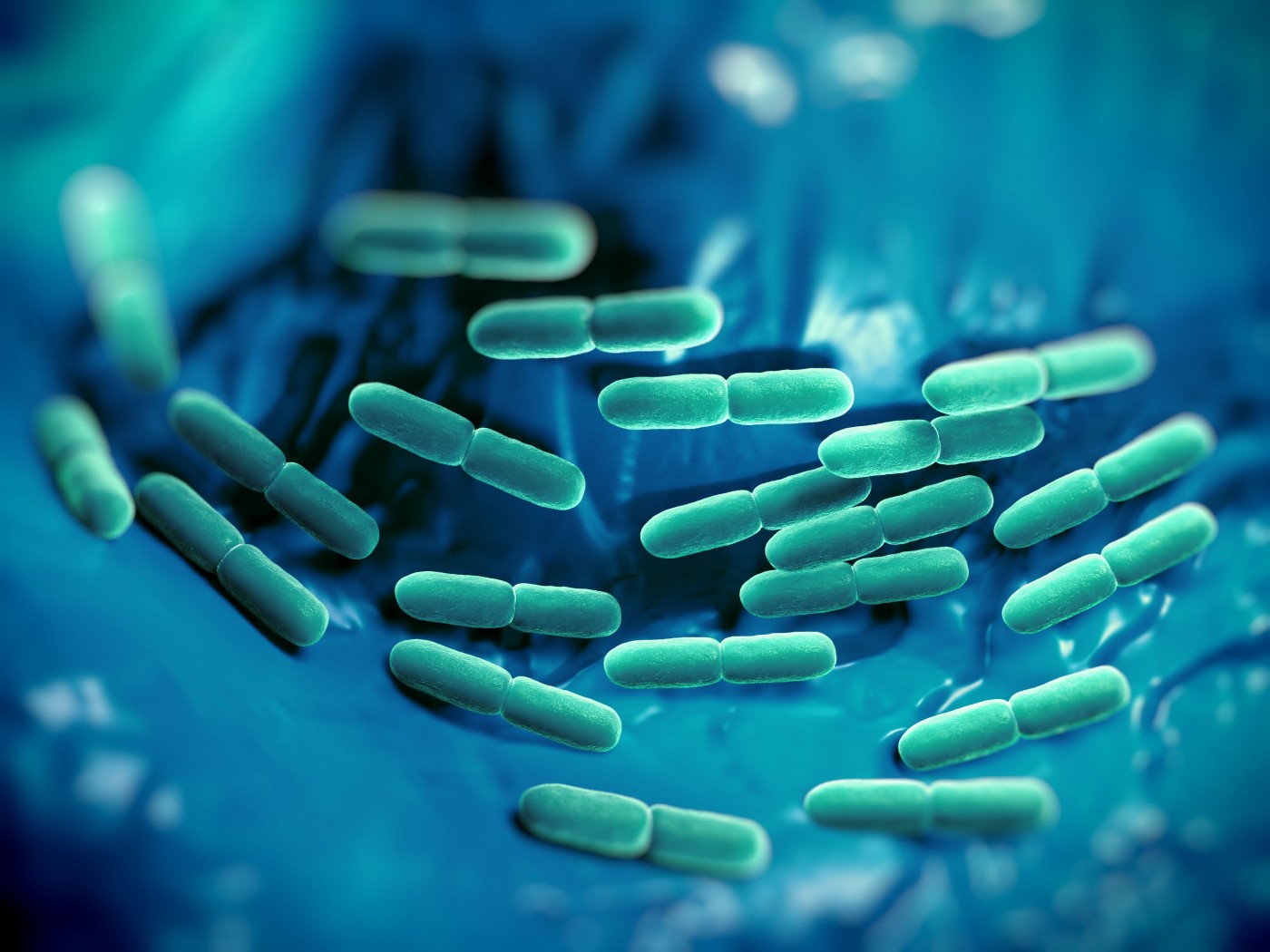A new study recently published in the journal Nature Medicine revealed that patients with rheumatoid arthritis have an altered microbiome in comparison to healthy individuals. The study was conducted by an international team of researchers and is entitled “The oral and gut microbiomes are perturbed in rheumatoid arthritis and partly normalized after treatment”.
RA is an autoimmune disease that leads to chronic inflammation of the joints and other parts of the body due to an overreaction of the body’s own immune system, resulting in the attack of healthy tissues. The disease can cause painful deformity and immobility of the fingers, wrists, ankles and feet. In the United States, it is estimated that about 1.5 million people suffer from RA, with women having a significantly higher susceptibility. Disease-modifying anti-rheumatic drugs (DMARDs) can alleviate disease symptoms but do not cure RA. DMARDs can have severe side effects.
Bacterial infection has been suggested to be involved with RA pathogenesis, although the identity of such putative microbes is unknown. It is thought that a comprehensive understanding of the possible microbiome associated with RA can help advance the understanding of the disease itself, and provide tools for an early diagnosis and adequate treatment.
Now, researchers have investigated changes in the gut and oral microbiome between RA patients and healthy individuals by performing a metagenomic analysis [metagenomic shotgun sequencing and metagenome-wide association study (MGWAS)] on samples from both groups of individuals, namely dental, salivary and fecal samples.
Researchers found a concordance between the oral and gut microbiomes, indicating that both sites share the same microbial species. RA patients were found to have a microbial imbalance (or dysbiosis) in the gut, dental and saliva microbiomes in comparison to the healthy controls; this imbalance was correlated with clinical measures. As an example, the bacteria Haemophilus spp. was not be detected in samples from RA patients and was found to negatively correlate with serum levels of harmful RA autoantibodies. On the other hand, Lactobacillus salivarius was found to be over-represented in RA patients at all the three types of samples tested, and was detected in high concentrations in very active RA cases. RA patient’s microbiota was also found to have an altered redox environment, and an abnormal transport and metabolism of several compounds including iron, zinc, sulfur and arginine.
Interestingly, the team reported that upon treatment with DMARDs, the gut and oral microbiomes of the RA patients were partially restored.
The research team concluded that RA patients undergo specific alterations in the gut and oral microbiomes, indicating that these are involved with the disease pathophysiology. The team suggests that these microbiome alterations could have potential value in prognosis, diagnosis and management of RA as disease biomarkers. Further studies are, however, required to validate their potential use as RA biomarkers.


